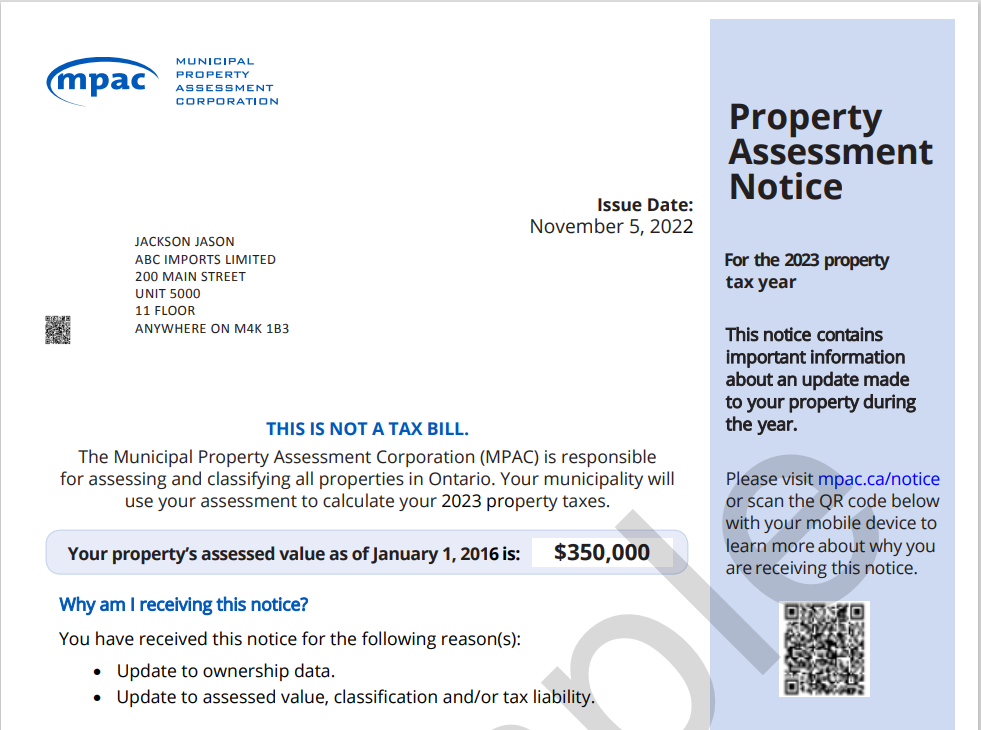As a Canadian corporation owner, one of the most important decisions you’ll make is how to pay yourself. Two common methods for doing so are salary and dividends. Each method has its own advantages and disadvantages, and understanding these can help you make an informed decision that best meets your needs.
Salary
A salary is a fixed amount paid to an employee regularly, such as weekly, bi-weekly or monthly. When you pay yourself a salary, you are essentially an employee of your corporation. You will need to set up a payroll system and remit taxes to the Canada Revenue Agency (CRA).
Pros:
- Predictable Income: A salary provides a predictable income that can be used to plan your finances.
- One additional advantage of paying yourself a salary is that it can help you establish credit. If you plan on borrowing money in the future, having a salary can help you demonstrate a steady income to lenders.
- The government tends to view salaries more favourably, as evidenced by the COVID-19 relief programs such as Wage Subsidy and CEBA Loans, which were only extended to companies that paid salaries.
- Contributing to CPP/QPP: Paying yourself a salary allows you to contribute to the Canada Pension Plan (CPP) or Quebec Pension Plan (QPP), which will provide you with retirement benefits.
- Generate RRSP contribution room.
- If you have a Private Health Services Plan in your corporation, then it is necessary to pay yourself a salary.
- Some deductions, for instance, Childcare expenses can only be deducted on your tax return if you have earned income, such as a salary.
- Some non-refundable tax credits are only available to earned income, such as salary.
Cons:
- Higher Taxation: A salary is subject to higher taxes payables compared to dividends. The reason is that you have to pay both employer and employee portions of CPP/QPP and income tax on the salary you receive.
- Less Flexibility: Once you set up a payroll system, you will have to pay yourself a regular salary, and remit taxes to CRA. If you miss payments you will be charged penalties and interest.
Dividend
A dividend is a payment made to shareholders of a corporation. Dividends are paid out of the after-tax profits of the corporation, and the amount paid is proportional to the number of shares owned by each shareholder. Check corporation tax rates
Pros:
- More Flexibility: Dividends provide more flexibility than a salary. You can choose to pay dividends to yourself and other shareholders when the corporation has sufficient profits.
- Save CPP contributions: don’t have to pay either employer or employee portions of CPP/QPP, which can improve the cash flows of new business.
- Easy management. No payroll system is required. Withdraw money from your corporation directly without calculating tax and CPP deductions.
Cons:
- Less Predictable Income: Dividends are not guaranteed and can fluctuate based on the profits of the corporation. This can make it challenging to plan your personal finances.
- No CPP/QPP Contributions: Dividends do not count towards your CPP or QPP contributions, so you will need to ensure that you have other arrangements in place for retirement.
- No RRSP contribution room achieved.
General guidelines
Although some small difference still exists depending on your province of living, CRA has made efforts to ensure that taxes deduction are indifferent between salary and dividend. Some general rules can be followed:
- Ensure remuneration payments made by the corporation to the shareholder manager are sufficient to ensure that basic deductions and tax credits are fully utilized.
- Pay yourself salary if you want to claim childcare expenses, contribute to CPP, or accumulate RRSP contribution room.
- Pay yourself dividends if you want to be exempt from paying CPP, especially at early business stages.
- What you can also do is pay yourself a reasonable salary to ensure that basic deductions and tax credits are fully utilized and then pay dividends when you personally need extra cash.
Deciding whether to pay yourself a salary or dividends will depend on your specified personal and business circumstances. Information and considerations provided in our blog are very basic and may not be appropriate for your situation. Also, there are other ways to pay yourself, depending on your company’s situation, your needs, and your resources. Consult with a tax professional or contact us for advice on what is best for your specific situation.






